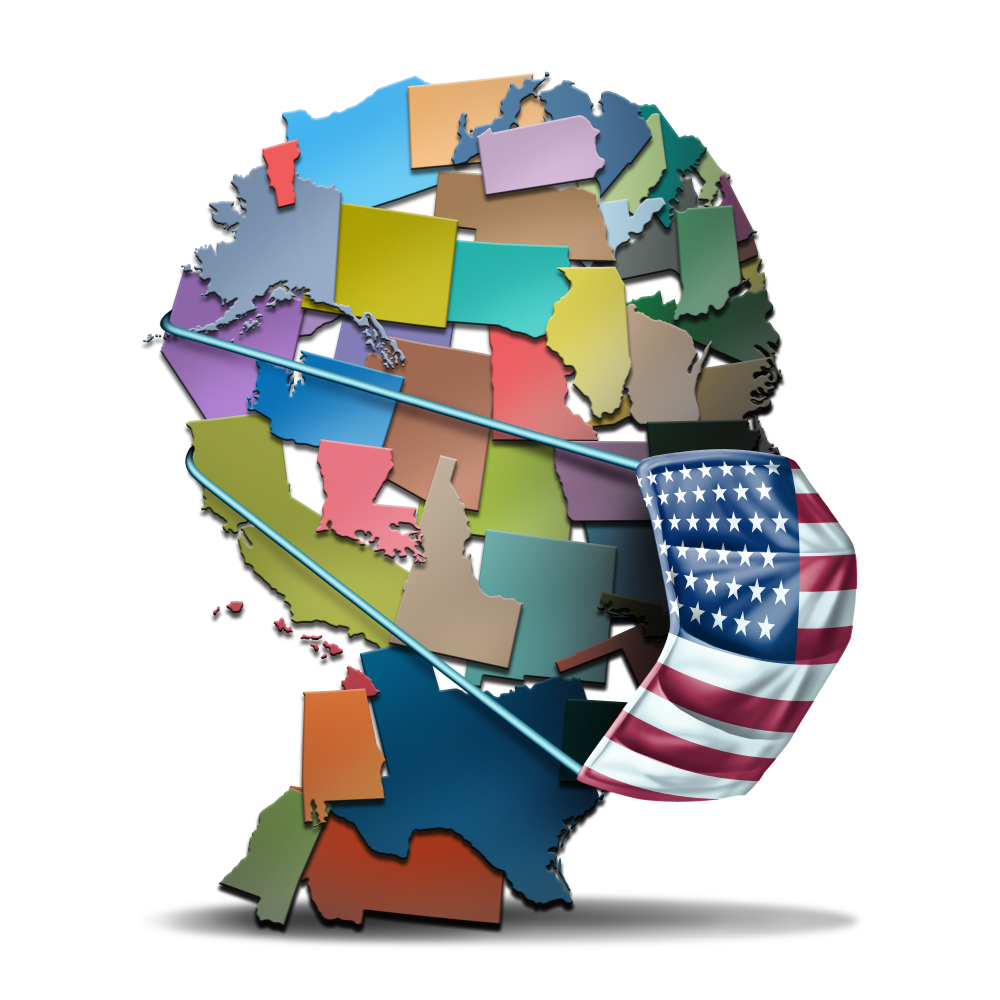
U.S. Health and Human Services (HHS) Secretary Alex Azar began a new path last week in the previously measured efforts to contain the novel coronavirus (2019-nCoV), declaring a public health emergency for the nation and opening more flexibility for health authorities to respond.
The emergency declaration grants state, tribal and local health departments a greater likelihood of authorization from HHS for reassignment of personnel to respond to the novel coronavirus if so needed. These reassignments would be temporary and only apply to those whose salaries normally are funded in whole or in part by Public Health Service Act programs. Reassignment could include work on public health information campaigns, among other responses.
“While this virus poses a serious public health threat, the risk to the American public remains low at this time, and we are working to keep this risk low,” Azar said. “We are committed to protecting the health and safety of all Americans, and this public health emergency declaration is the latest in the series of steps the Trump Administration has taken to protect our country.”
The United States has also ordered a mandatory two-week quarantine for Americans returning from China’s Hubei province and has banned all foreign nationals who have recently visited China — a move denounced by China this week as contrary to World Health Organization (WHO) recommendations. Last week, WHO Director-General Tedros Adhanom Ghebreyesus said such moves could even accelerate the spread and cause a ripple effect that could harm the global economy.
“Travel restrictions can cause more harm than good by hindering info-sharing, medical supply chains and harming economies,” Ghebreyesus said.
Acting Homeland Security Deputy Secretary Ken Cuccinelli said, however, that they are beginning to see the results of the implementation, noting a recent case involving a Canadian citizen that was turned back at the northern border under the new coronavirus travel restrictions.
HHS notes that it has been working alongside the Department of State to retrieve citizens living in the 2019-nCoV-affected areas of China.
At the same time, the Centers for Disease Control and Prevention (CDC) are coordinating with state health departments on surveillance, contact tracing and interim guidance for health professionals faced with novel coronavirus infections. Efforts are also underway to partner with industry members to create potential diagnostics, vaccines, and therapeutics to combat 2019-nCoV.




